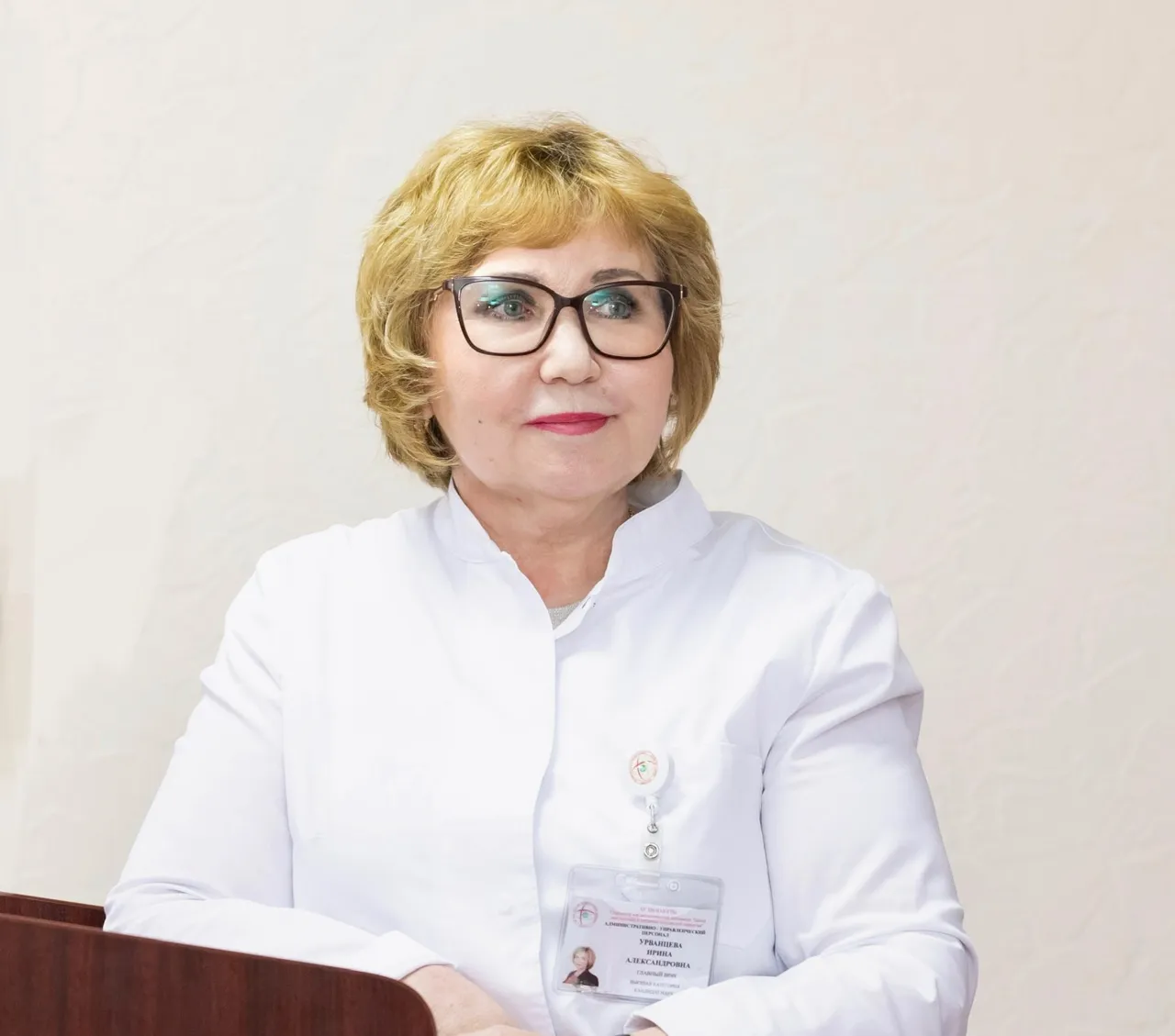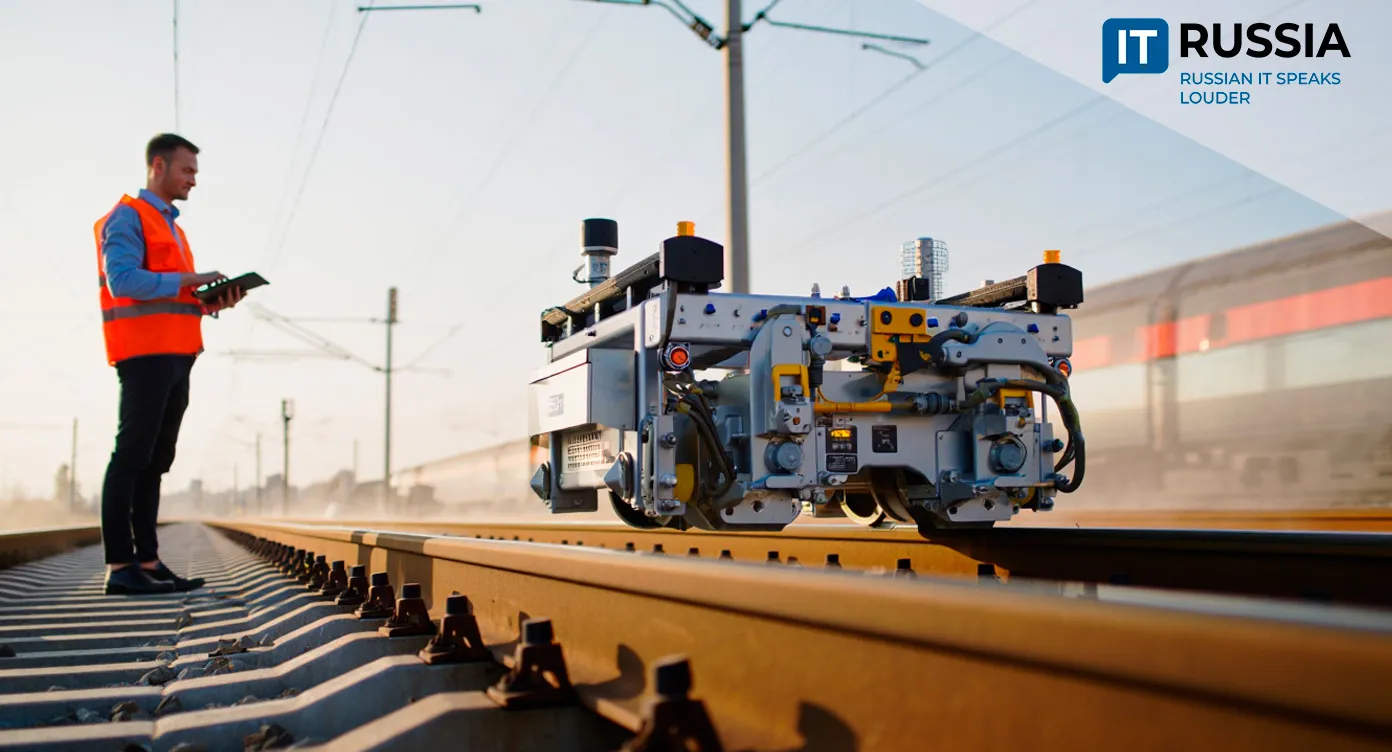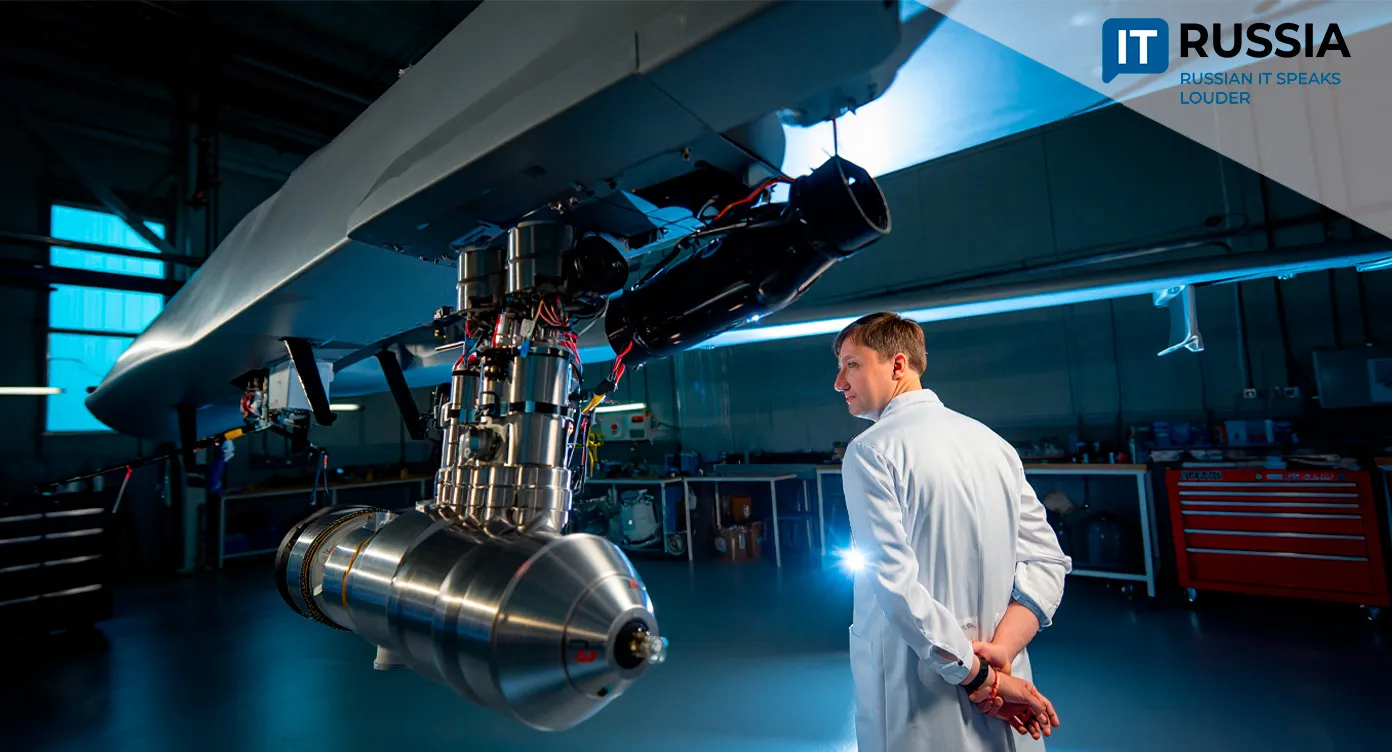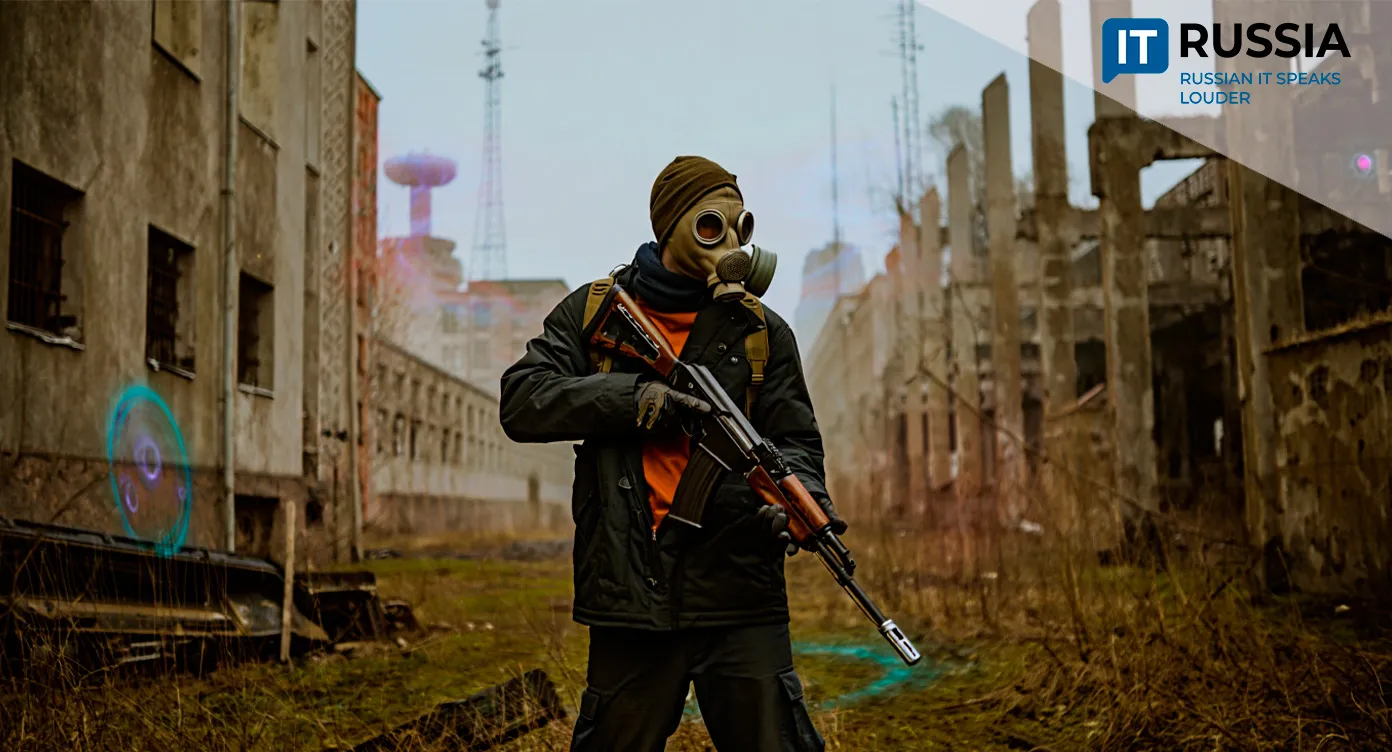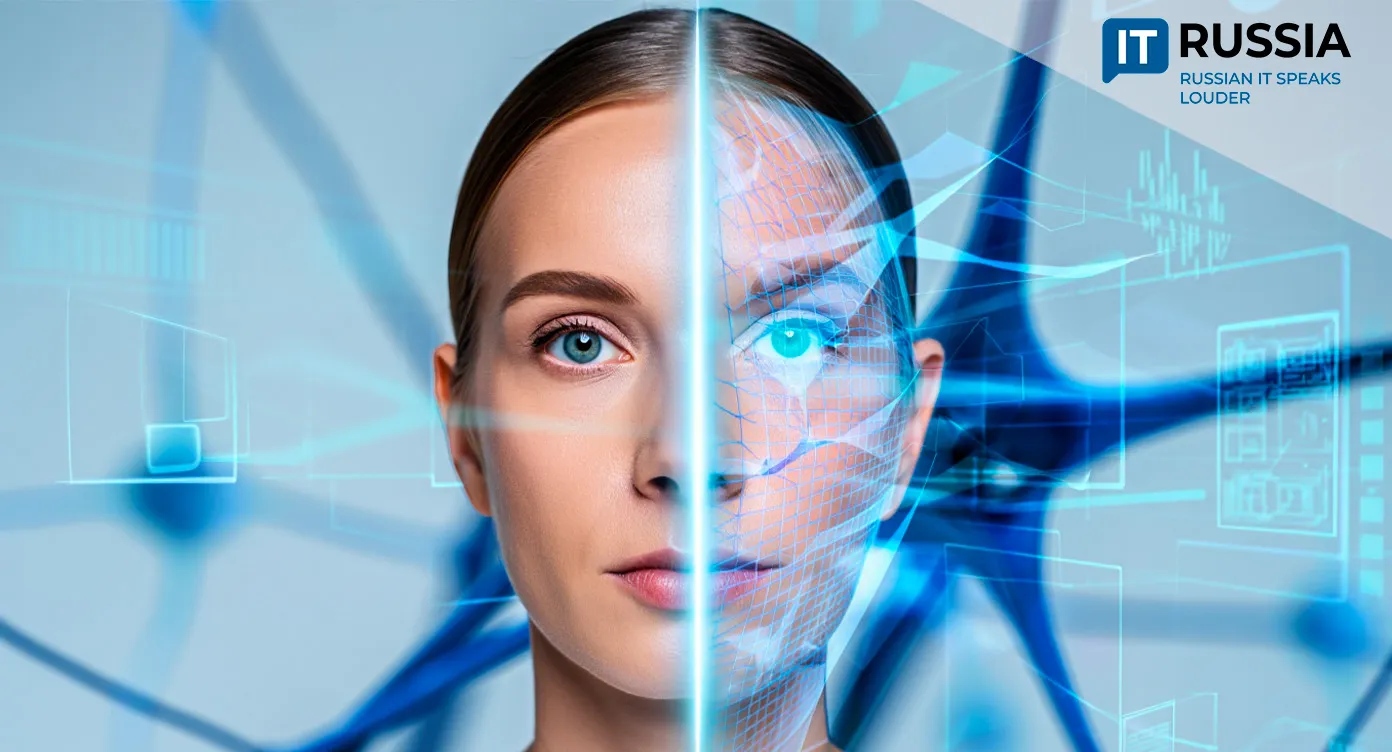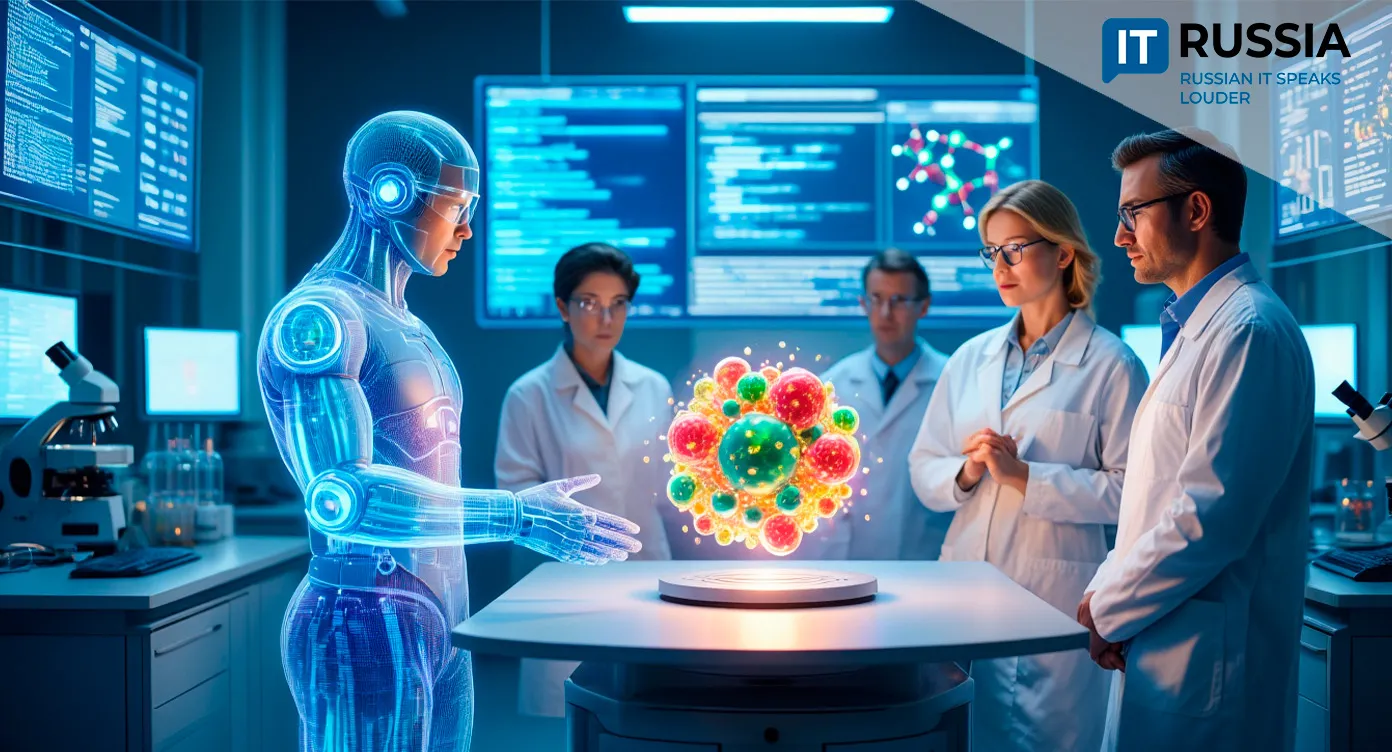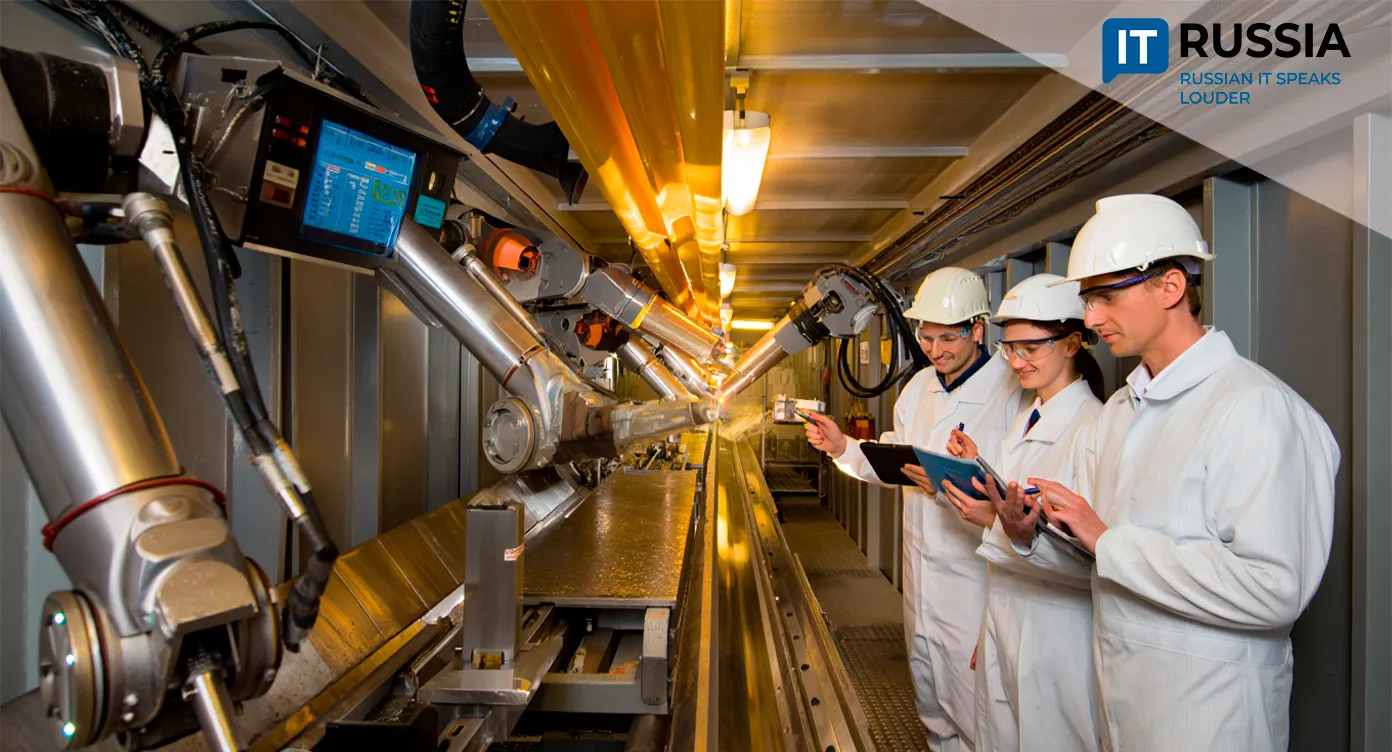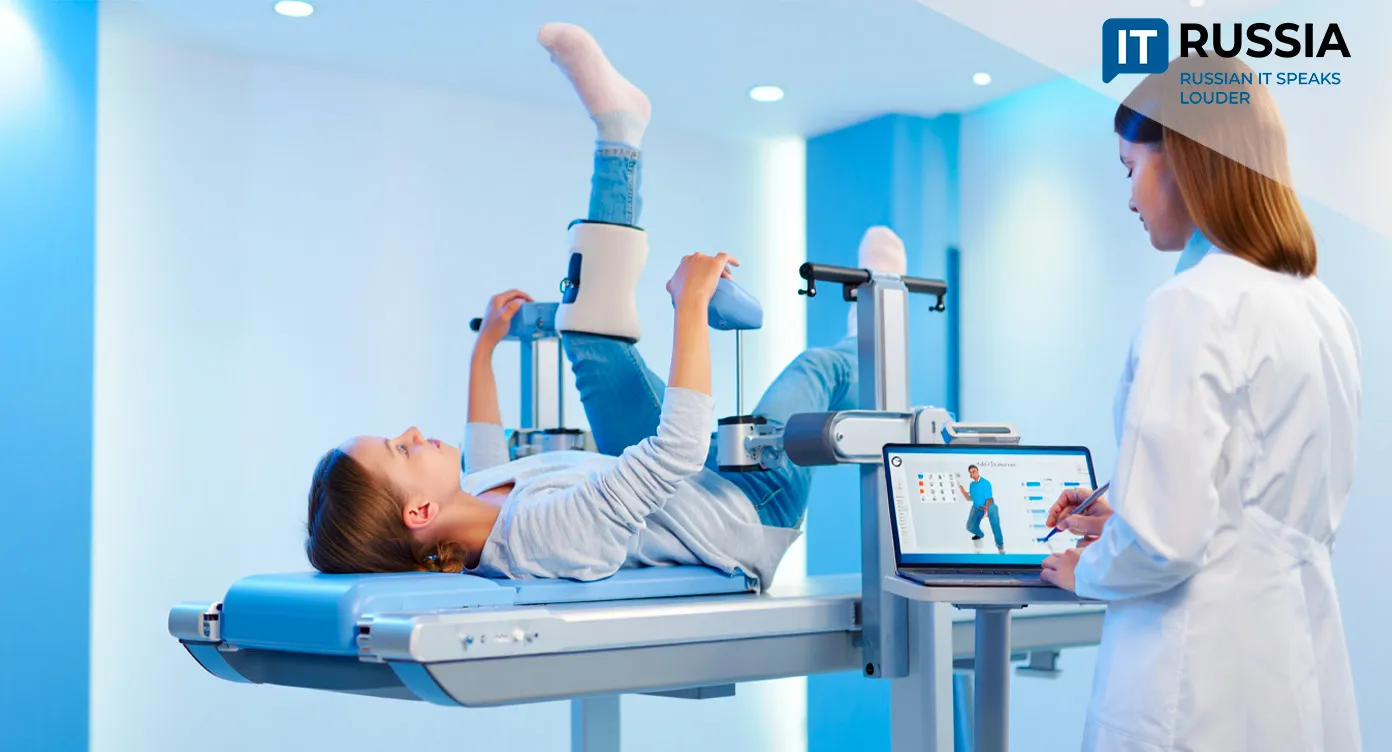AI-Powered X-Ray System Transforms Diagnostics at Surgut Cardio Center
A new AI-equipped X-ray system at Surgut’s regional cardiology center is helping doctors make faster, more accurate diagnoses. This marks a major step in the integration of artificial intelligence into real-world clinical practice across Russia’s healthcare system.
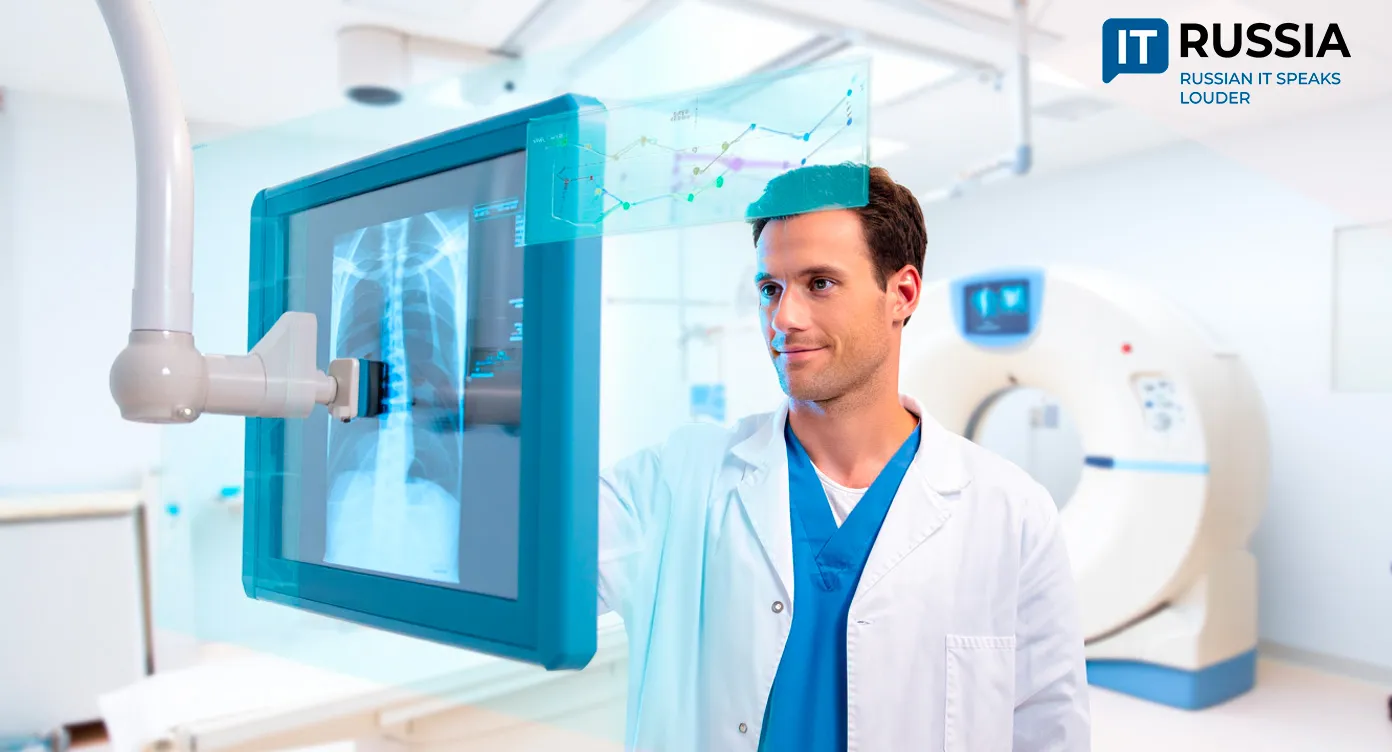
A New Look: Faster, Safer, Smarter
The Surgut Regional Cardiology Center recently installed 68 new pieces of medical equipment, including the ‘Electron’ X-ray complex — a device enhanced with an integrated artificial intelligence system. Within seconds, the AI analyzes the captured images and provides a ‘second opinion’ to assist radiologists.
This isn’t a replacement for medical professionals but a powerful tool that helps reduce diagnostic errors, particularly in high-volume settings. The system is designed to handle up to 100 scans per day.
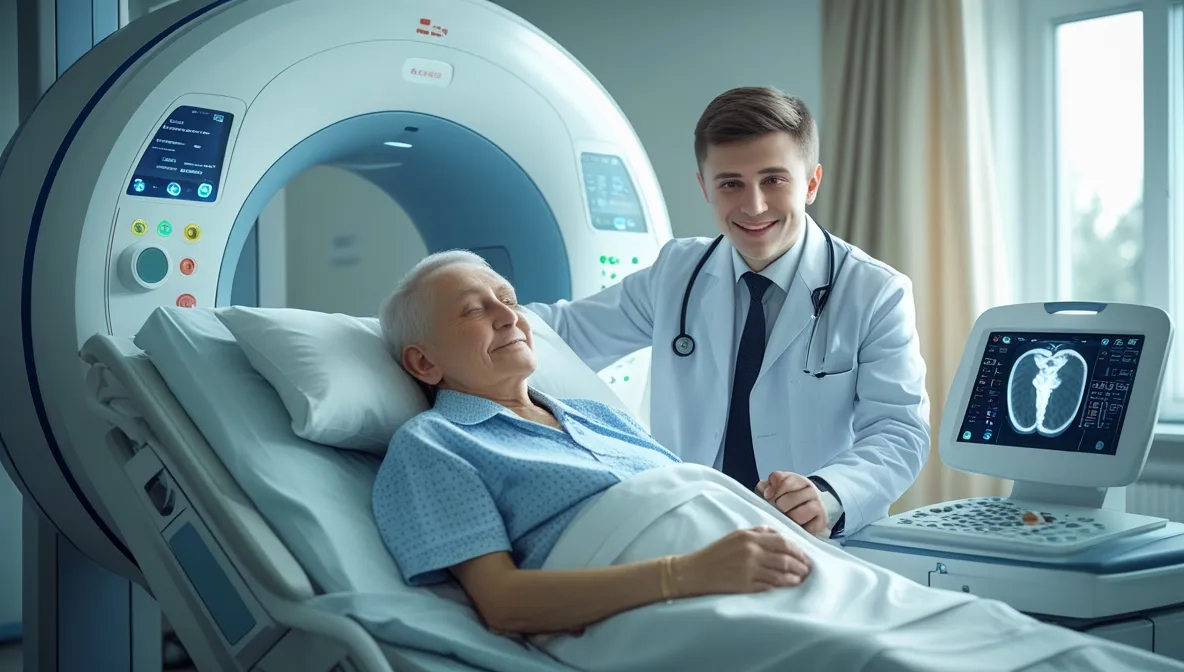
The unit’s ergonomic design improves patient comfort: both immobile patients and newborns can be scanned from multiple angles without repositioning, as the detector and emitter move around them. Its low radiation dose also ensures patient safety. But its real innovation lies in the ‘digital brain.’ Artificial intelligence in radiology is no longer experimental — it’s operational. By structuring vast amounts of imaging data, AI frees doctors from routine tasks and allows them to focus on complex cases.
A Success Story for Regional Healthcare
The Surgut installation exemplifies how cutting-edge technologies are moving beyond Russia’s federal medical centers and into regional hospitals. For the nation’s IT sector, the ‘Electron’ case is a breakthrough — proof that complex software systems can successfully navigate certification, integration, and deployment in one of the most conservative industries. This achievement sets a precedent for similar solutions nationwide.
For Russia’s healthcare system, it helps level the playing field. High-tech diagnostics are no longer limited to Moscow or St. Petersburg. Now, a patient in Surgut can access the same diagnostic tools as someone in the capital. This reduces inequality in healthcare access and improves patient outcomes. In cardiology, where every hour matters, such technologies directly impact survival rates and quality of life.
Although local, this success aligns with a global trend — integrating AI into everyday clinical workflows. Russian tech firms solving domestic challenges are now building products with export potential, particularly for countries facing similar logistical and staffing challenges.
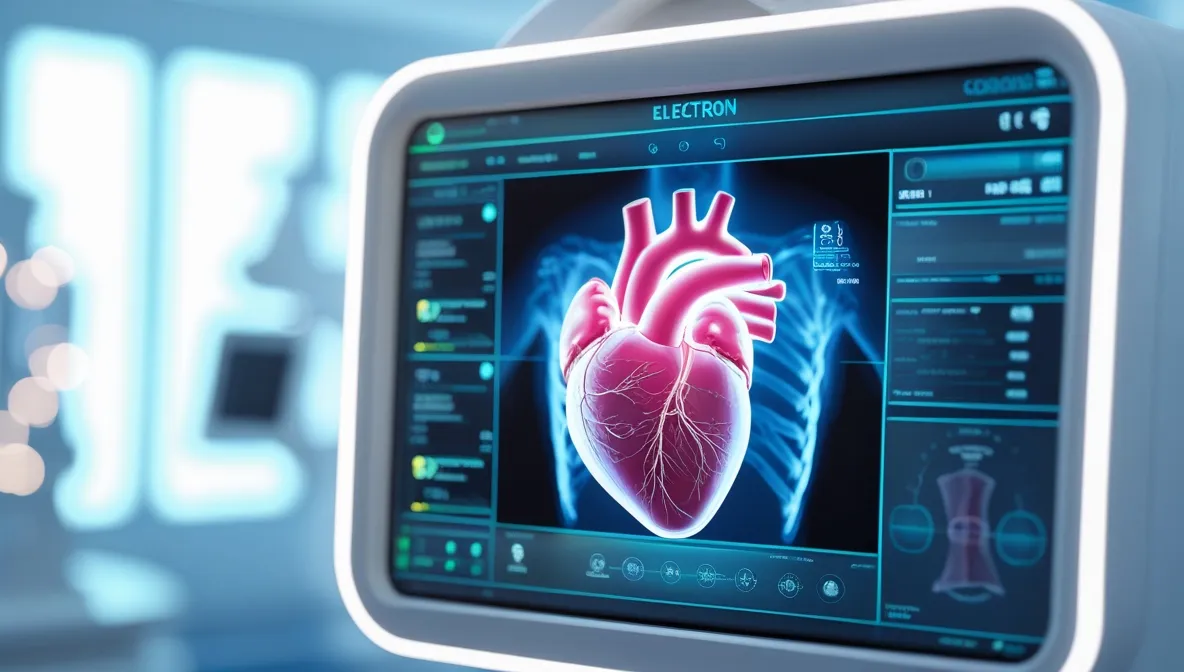
From a Single Pilot to a Systemic Shift
The Surgut deployment could be the starting point for larger-scale transformation. If clinical statistics confirm its effectiveness, Russia’s AI-based imaging systems could find strong demand abroad — especially in countries with vast territories, regional disparities in medical staffing, and the need to cut diagnostic costs. The most likely next step is broader implementation across regional and district hospitals, creating a nationwide network of diagnostic centers with unified quality standards.
Future integration with digital medical archives such as the Unified Medical Information System (EMIAS) and telemedicine platforms will enable doctors to share AI-preprocessed data with specialists from top national institutions for rapid expert consultation.
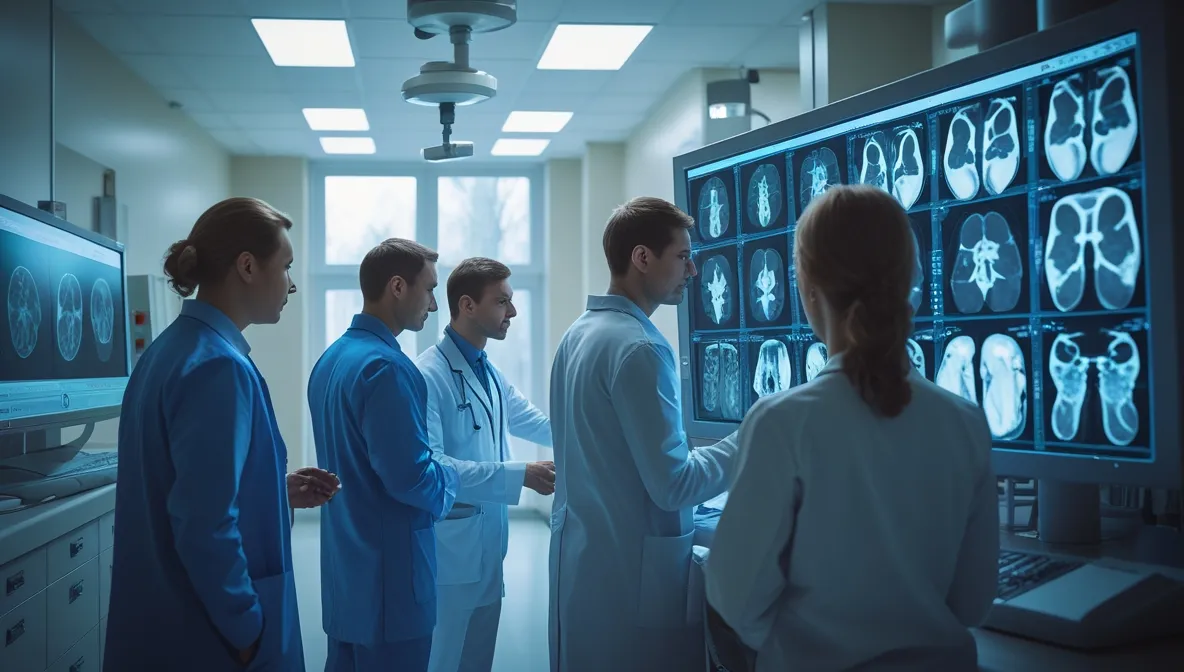
Evolving the Role of the Doctor
AI integration will require retraining healthcare professionals — not just to operate new interfaces, but to rethink their roles. Radiologists will shift from manual image review to managing complex diagnostic systems and interpreting algorithmic insights. The doctor becomes a decision-maker supported by advanced technology.
The Surgut case is significant precisely because of its normalcy. The moment advanced technology becomes routine is the moment true digital maturity begins. It proves that Russia’s IT industry can deliver competitive, intelligent medical products that address real-world healthcare challenges — not just substitutes for imported systems, but innovations with global relevance.
In the next one to three years, AI-enhanced X-ray systems like ‘Electron’ are expected to become standard in major hospitals across Russia. This will drive demand for domestic medical AI solutions, expanding the nation’s healthtech sector while also tightening regulations around data security and certification. For millions of patients, it means one thing: faster, more accurate diagnoses and timely treatment — no matter where they live.


